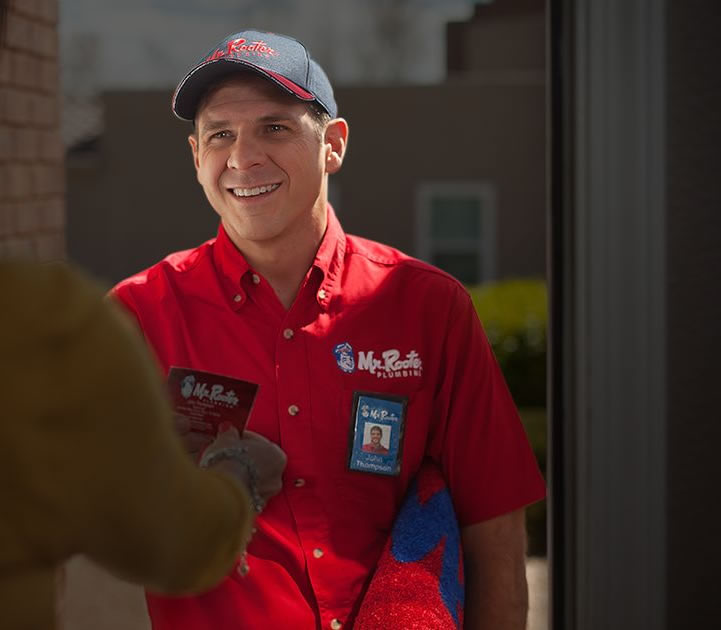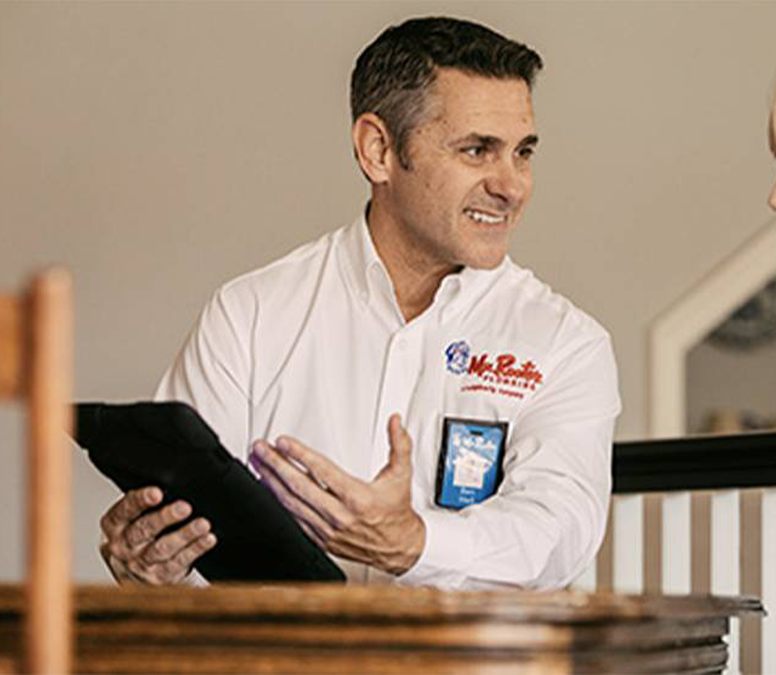Call This Sunday to Get $50 Off Any service over $500
Do You Need a Local Plumber in Waco, TX?
Call us Now to Get $35 OFF.
Call This Sunday to Get $50 Off Any service over $500
Do You Need a Local Plumber in Waco, TX?
Call us Now to Get $35 OFF.

To the untrained eye, plumbing systems might seem ubiquitous, serving a sole purpose of conveying water in and waste out. However, the trained eyes of an experienced plumber see the nuance in it all. This is why periodic plumbing inspections are so important. Routine plumbing service can reveal issues before they morph into problems and even prevent the issue to begin with. However, make sure you are hiring the right plumber for your property. In this brief article brought to you by Mr. Rooter Plumbing, we highlight some differences in residential and commercial plumbing inspections.
Residential plumbing systems are typically more straightforward, catering to the needs of a single-family dwelling or a small group of occupants. That is to say the scale is limited, and the complexity is generally lower compared to commercial setups.
Commercial plumbing systems, on the other hand, are expansive networks designed to accommodate the demands of larger structures, such as office buildings, malls, or industrial facilities. The scale and complexity are inherently higher, involving intricate configurations to serve diverse spaces and functionalities.

Residential plumbing systems are subjected to regular but intermittent usage. Peak demand periods, such as mornings and evenings, often define the usage patterns, allowing for relative predictability.
Commercial plumbing systems face more unpredictable and intense usage. The constant flow of people in commercial spaces leads to higher demand throughout the day. This calls for robust systems that can handle frequent and varied usage.
Residential plumbing inspections typically adhere to local residential building codes. These codes focus on ensuring the safety and functionality of plumbing systems within single-family homes or multi-unit residential buildings.
Commercial plumbing inspections must comply with much more stringent and specialized building codes. These codes address the unique challenges posed by larger, more complex structures and emphasize factors such as accessibility, occupancy loads, and specialized equipment requirements.
Residential plumbing systems are typically more accessible, with a layout designed for ease of maintenance and repairs. Plumbers can navigate through crawl spaces and attics with relative simplicity.
Commercial plumbing systems are often integrated into the structure of the building, and access points may be more challenging to reach. The layout considerations prioritize space utilization and may involve multiple levels or large distances between fixtures.
Residential plumbing inspections are usually conducted less frequently, often during the construction phase, during home purchases, or when homeowners request routine checks. Periodic residential plumbing inspections are advisable once every 18 to 24 months.
Commercial plumbing inspections are more frequent and rigorous, necessitated by the higher demands placed on the system. Regular inspections are crucial to identify and address issues promptly, and to ensure uninterrupted business operations.
As you can tell by now, there is a lot of things to consider when it comes to a plumbing inspection. This is why you should hire the right plumber for the job. For businesses, retail stores, and offices, you will want to hire a commercial plumbing. For your home, you can call a residential plumber.
Residents in the area are invited to call Mr. Rooter Plumbing to consult with a member of our team. We are proud to offer emergency plumbing service and equally happy to arrange a face-to-face meeting.
There are two common methods used to clear clogged drains: hydro…
If your pipes have seen better days, you may have noticed frequent leaks, discolored water,…
No matter where you live in Texas, you know how unpredictable the weather can be.…